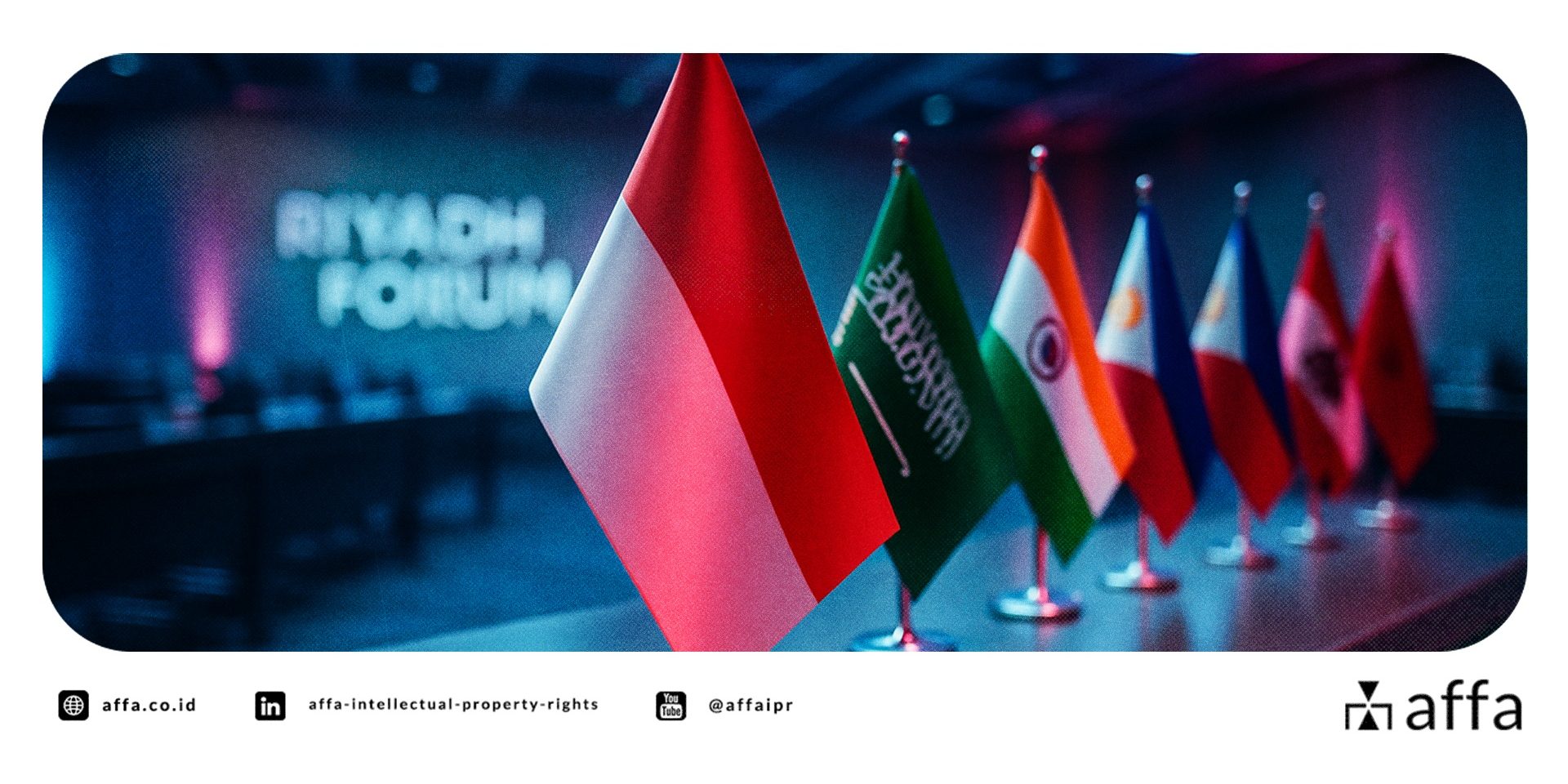On July 8, 2025, Indonesia officially signed the Riyadh Design Law Treaty (RDLT), joining a growing number of countries committed to modernizing global design protection. This historic treaty was adopted earlier on November 22, 2024, at a WIPO Diplomatic Conference in Riyadh, following nearly two decades of negotiations.
With over 190 participating countries and 18 signatories on day one, the RDLT represents a significant milestone in international IP harmonization, aiming to streamline and simplify the procedural aspects of Industrial Design registration worldwide. The active participation of countries like India (which ratified the treaty in November 2024) and now Indonesia, underscores a strong regional commitment to future-ready IP infrastructure.
What the Treaty Introduces: Streamlined & Smart
With Indonesia’s accession reinforcing the treaty’s growing global significance, the RDLT introduces a unified, flexible framework for Industrial Design registration. It eliminates unnecessary bureaucracy and offers practical tools for navigating the digital era. Key features include:
- Standardized filing requirements, capped to a reasonable and predictable list.
- 12-month grace period for disclosures prior to filing—beneficial for creators who share designs publicly before formal registration.
- Multiple-design applications, allowing several designs to be filed in one submission.
- Flexible representation formats such as drawings, photographs, and digital media.
- Deferred publication of up to six months, helping manage confidentiality.
- Procedural safeguards like relief for missed deadlines and simplified renewals.
- Support for electronic filing systems and cross-border data exchange.
These measures aim to empower not only large corporations, but also SMEs, startups, and individual designers navigating the increasingly interconnected global market.
A Global Movement Backed by Regional Leaders
As of the adoption date, the following 18 countries signed the RDLT: Bosnia and Herzegovina, Central African Republic, Congo, Costa Rica, Côte d’Ivoire, Democratic People’s Republic of Korea, Gambia, Ghana, Lebanon, Morocco, Paraguay, Philippines, Republic of Moldova, São Tomé and Príncipe, Saudi Arabia, Sudan, Uzbekistan, and Zimbabwe.
India followed shortly thereafter, signing and ratifying the treaty on November 26, 2024. With Indonesia joining on July 8, 2025, ASEAN’s largest economy signals its readiness to align domestic regulations with global standards—an important step for attracting design-driven investment and protecting creative industries across Southeast Asia.
Why the RDLT Matters for IP Stakeholders
The treaty’s adoption is more than a procedural update—it’s a strategic response to the evolving needs of the design economy:
- Greater consistency in design registration processes worldwide.
- Enhanced access for smaller players through reduced red tape.
- Recognition of digital realities, including electronic filing and digital design formats.
- Flexibility for national values, such as optional disclosures on traditional cultural expressions or traditional knowledge.
- Improved legal certainty, with clear deadlines and grace provisions that support creators in fast-moving industries.
For businesses operating across multiple jurisdictions, the RDLT brings long-overdue clarity and efficiency—crucial for accelerating go-to-market strategies and safeguarding innovation.
The Road Ahead
The RDLT will enter into force three months after 15 contracting parties deposit their instruments of ratification. Given the pace of recent accessions—including major economies like India and emerging creative markets like Indonesia—that threshold may be reached within the next 12 to 24 months.
Now is the time for designers, legal professionals, and IP-focused businesses to prepare. Understanding and adapting to the RDLT’s framework will be critical to staying competitive in a global design economy.
At AFFA Intellectual Property Rights, we’re tracking this landmark treaty rollout closely. Our team helps international clients assess their readiness, align procedures with the Riyadh standards, and embrace new IP filing strategies. If you’re a designer, brand owner, or business innovator looking to secure your design rights globally, reach out to explore how AFFA can support your international IP roadmap.
Need help protecting your Industrial Design in Indonesia? Book a free 15-minute call with our professional consultant:
? E-Mail : [email protected]
? Book a Call : +62 21 83793812
? WhatsApp : +62 812 87000 889
Source:







